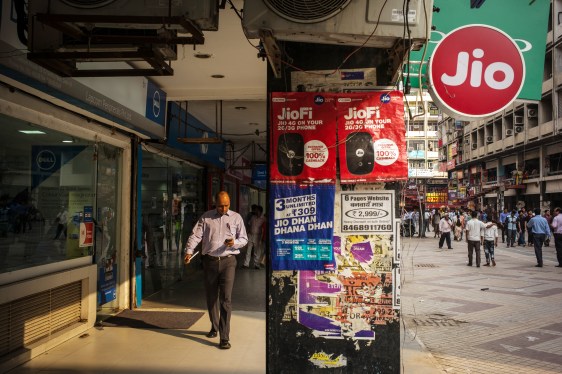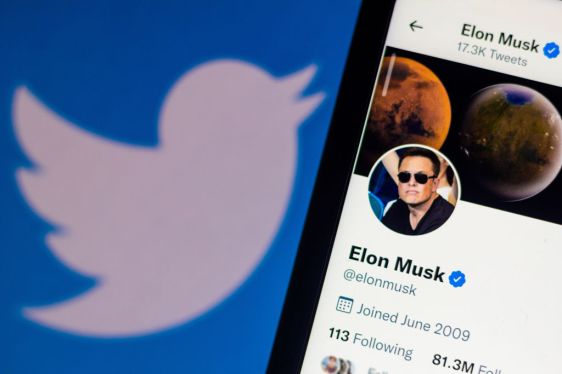In a significant development, more than half a dozen VPN apps, including Cloudflare’s widely used 1.1.1.1, have been pulled from India’s Apple App Store and Google Play Store following intervention from government authorities.
The Indian Ministry of Home Affairs’ Intervention
According to a document reviewed by TechCrunch, the Indian Ministry of Home Affairs issued removal orders for the apps. A disclosure made by Google to Lumen, Harvard University’s database that tracks government takedown requests globally, also confirms this development.
Affected Apps and Developers
Among the affected apps are Hide.me and PrivadoVPN. In a communication to one of the affected developers, seen by TechCrunch, Apple cited a ‘demand’ from the Indian Cyber Crime Coordination Centre (IC3C), part of the Ministry of Home Affairs, which deemed the developer’s content to contravene Indian law.
The IC3C has been at the forefront of enforcing India’s regulatory framework governing VPN apps. In 2022, the government introduced rules that mandate VPN providers and cloud service operators maintain comprehensive records of their customers, including names, addresses, IP addresses, and transaction histories, for a five-year period.
Industry Pushback and Consequences
The stringent requirements prompted pushback from major industry players. Leading brands like NordVPN, ExpressVPN, Surfshark, and Proton VPN voiced significant reservations about the rules, with several announcing plans to withdraw their server infrastructure from India.
However, NordVPN, ExpressVPN, and Surfshark continue to maintain services for Indian customers, though they have stopped marketing their apps in the country. It remains to be seen whether this move will be enough to comply with the government’s demands.
Cloudflare’s Response
Cloudflare has not made any official statements regarding the removal of 1.1.1.1 from the Apple App Store and Google Play Store. However, the company has been vocal about its stance on data retention and security. Cloudflare’s founder, Matthew Prince, has expressed concerns about the Indian government’s regulations, stating that they are overly broad and pose significant risks to users’ online privacy.
Government Response
The Ministry of Home Affairs, as well as Apple, Google, and Cloudflare, did not respond to requests for comment on this matter. It is unclear whether the removal of these VPN apps from the app stores will have any impact on India’s cybersecurity landscape or whether it will set a precedent for other countries to follow.
Background: India’s Regulatory Framework
India’s 2022 regulatory framework governing VPN apps aims to ensure that these services comply with Indian laws and regulations. The rules mandate that VPN providers maintain comprehensive records of their customers, including names, addresses, IP addresses, and transaction histories, for a five-year period.
The Indian government has cited national security concerns as the reason behind introducing these regulations. However, critics argue that the rules are overly broad and pose significant risks to users’ online privacy. The enforcement action against Cloudflare’s 1.1.1.1 and other VPN apps is the first significant implementation of this regulatory framework.
Implications for VPN Users in India
The removal of these VPN apps from the app stores raises concerns about the security and anonymity of VPN users in India. With many popular VPN services no longer available on the Apple App Store and Google Play Store, Indian users may be forced to rely on unverified or unofficial VPN providers.
This development highlights the need for a balanced approach to regulating VPN services. While national security concerns are valid, governments must also ensure that regulations do not compromise users’ online privacy and security.
Conclusion
The removal of Cloudflare’s 1.1.1.1 and other VPN apps from India’s Apple App Store and Google Play Store is a significant development in the ongoing debate about data retention and online security. As governments around the world grapple with the implications of regulating VPN services, it remains to be seen how this enforcement action will impact India’s cybersecurity landscape.
Related Articles




